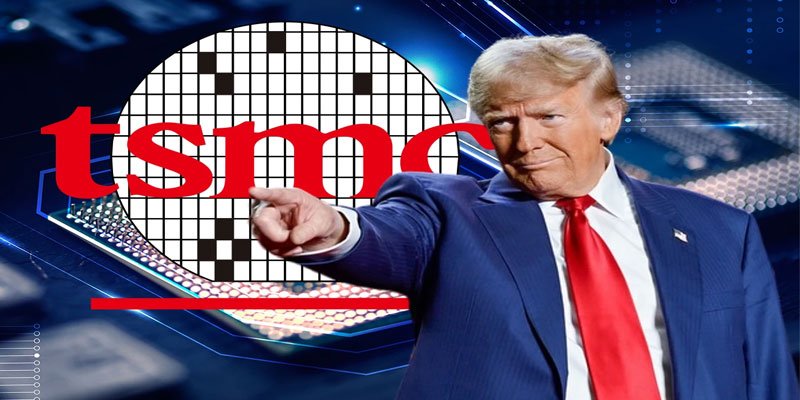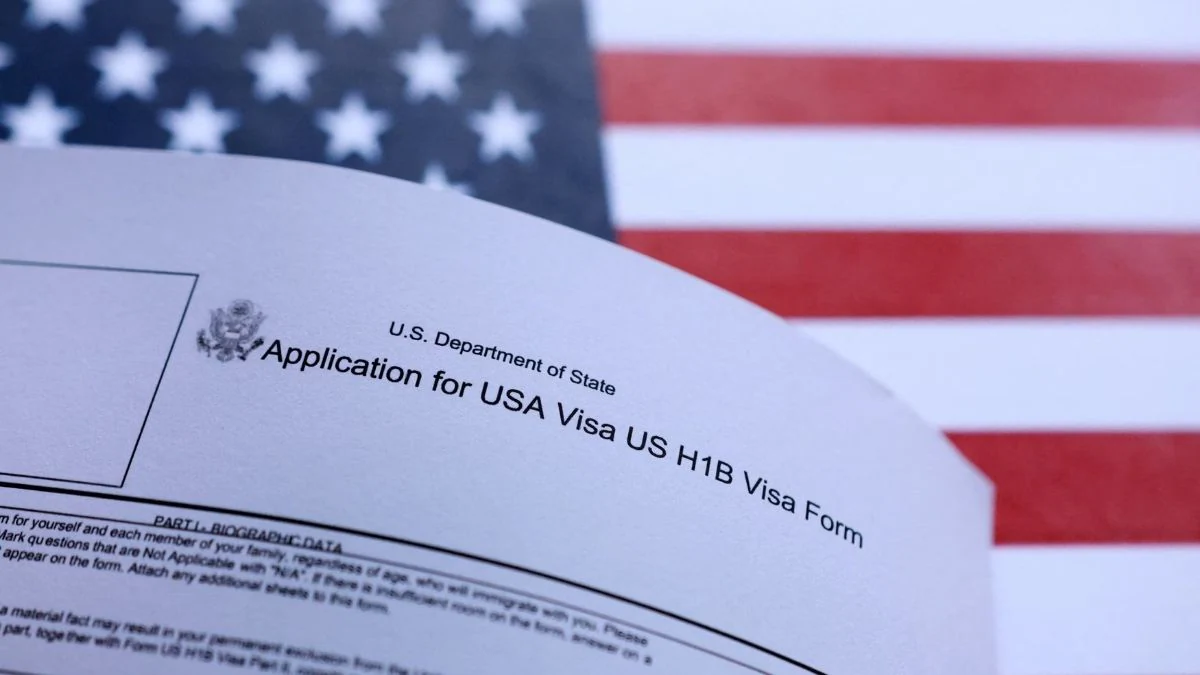
TSMC: US Tariffs Threaten $165B Arizona Chip Investment
Taiwan Semiconductor Manufacturing Company (TSMC), the world’s largest chipmaker, has warned the U.S. government that proposed tariffs on Taiwanese semiconductor imports could threaten its $165 billion investment in Arizona. In a letter to the U.S. Commerce Department, TSMC emphasized that such measures would inflate costs, hurt demand, and undermine confidence in America’s tech strategy.
TSMC’s Arizona project is central to U.S. efforts to localize semiconductor production. The company has already invested $65 billion into three advanced fabs in Phoenix. The first is operational, the second nearing completion, and construction has started on the third. An additional $100 billion announced in March 2025 will fund three more fabs, two packaging plants, and an R&D center—together expected to produce 100,000 wafers per month.
The warning follows presidential candidate Donald Trump’s pledge to impose up to 100% tariffs on Taiwanese chips, accusing Taiwan of “stealing” the U.S. chip industry. His broader economic nationalism push aims to repatriate manufacturing but risks damaging global supply chains.
TSMC cautioned that sudden tariffs could disrupt its plans, increase financial uncertainty, and slow U.S. tech innovation. The company urged exemptions for semiconductor-containing products, warning that tariffs could inadvertently harm downstream industries—from smartphones to defense systems.
As Washington eyes a revival in domestic manufacturing, TSMC’s message is clear: punishing key allies may backfire. A balanced, forward-looking policy is critical to securing both supply chain resilience and America’s position in global technology leadership.







